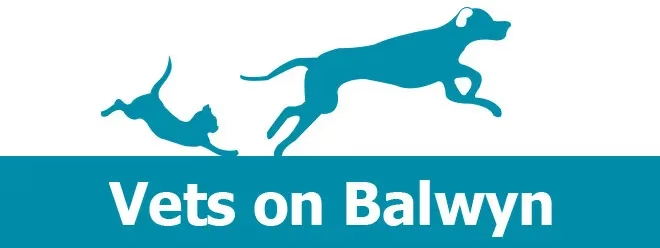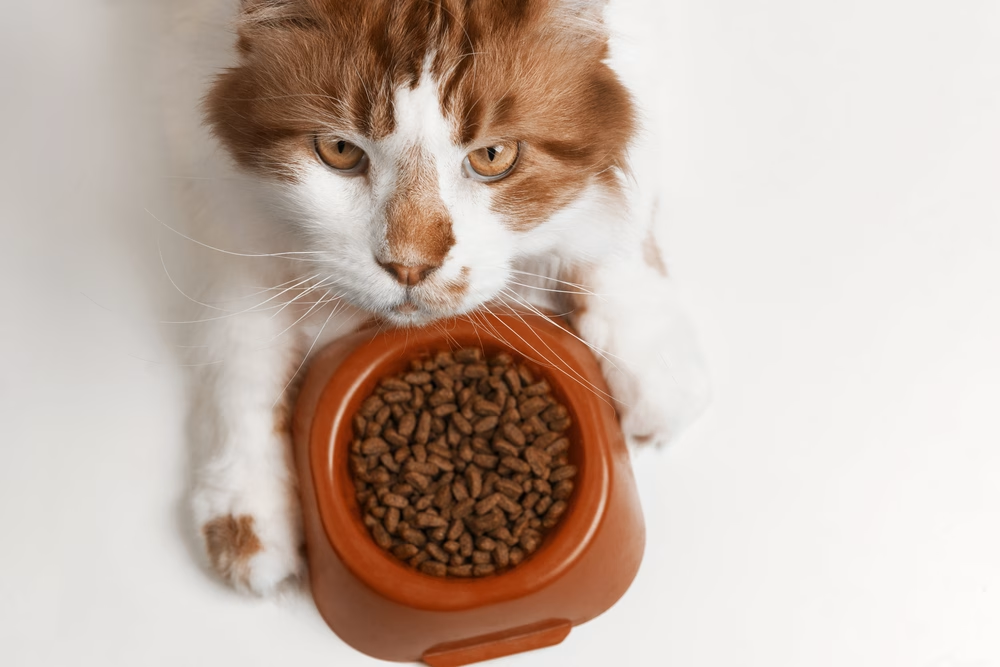Cats spend approximately 40 per cent of their lives as seniors. It’s therefore important that they eat the correct food to maintain optimal health. Senior cats have different nutritional requirements than their younger counterparts. Well in this week’s blog, we give you our advice on how to how feed a senior cat to ensure they remain healthy and happy throughout their golden years.
How to feed a senior cat
When cats get older, their nutritional requirements change. Senior cats are less active, tend to spend more time indoors and have a slower metabolism – meaning less calories and less fat are required in an older cat’s diet. However, what senior cats do need more of is high-quality, easy-to-digest protein. This is essential to supporting a senior cat’s overall body condition.
So, a good senior diet is one that includes high-quality, low-fat protein and easy-to-digest carbohydrates for energy. The key minerals provided in these foods will support ageing joints, while the vitamins and proteins help fight infections that the body may become vulnerable to as the immune system declines.
Senior cat foods
It is best to transition older cats to specially formulated senior cat food. These foods are created to provide high-quality protein and lower levels of phosphorous to reduce the strain on kidneys. They also included added Vitamin E to strengthen one’s natural defences. Manufactured senior cat foods also contain less calories to help maintain your cat’s overall body weight as their activity levels drop.
An older cat will also have a weaker ability to smell and taste. This can hinder their capacity to chew effectively, too. So, make sure to feed your cat smaller, softer pieces of food to ensure they get the most out of their meals.
To familiarise your cat with the new food, start by mixing the new food with the old and slowly build up the portion over a week to ten days until you are only feeding the new senior formula food.
Senior cats with special needs
Whilst this is the standard diet we recommend for healthy senior cats, animals with certain age-related health conditions can have dramatically different nutritional requirements. For example, senior cats who suffer from kidney disease need a diet very low in protein and salt to remain healthy. The best way to determine your senior cat’s nutritional needs is to bring them in for a regular blood screen every six months at our Balwyn clinic. Dental disease can also affect the appetite of senior cats as oral pain or discomfort may cause them to eat less or avoid eating certain foods that require more chewing.
At Vets on Balwyn, we know better than anyone that every senior cat is different and has their own unique needs. We can tell you from experience that the needs of an 8-year-old senior cat are very different to those of an 18-year-old senior cat! To make sure your senior cat is eating the right diet for their health, we recommend bringing them in for a check-up and blood test once every six months. Regular appointments with the vet mean we can monitor your cat for any changes in condition, which in turn enables us to diagnose and treat age related diseases early. Make an appointment for your senior cat at our Balwyn clinic today by calling (03) 9857 8100.


